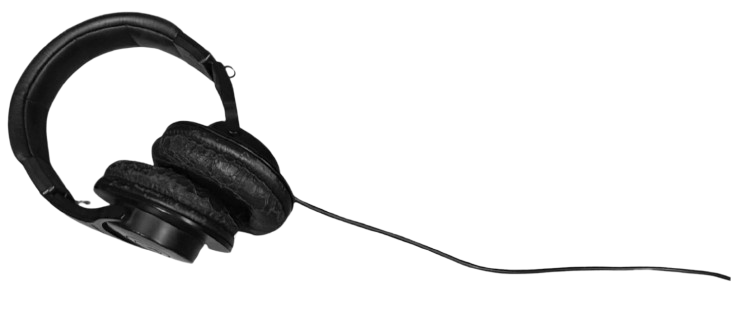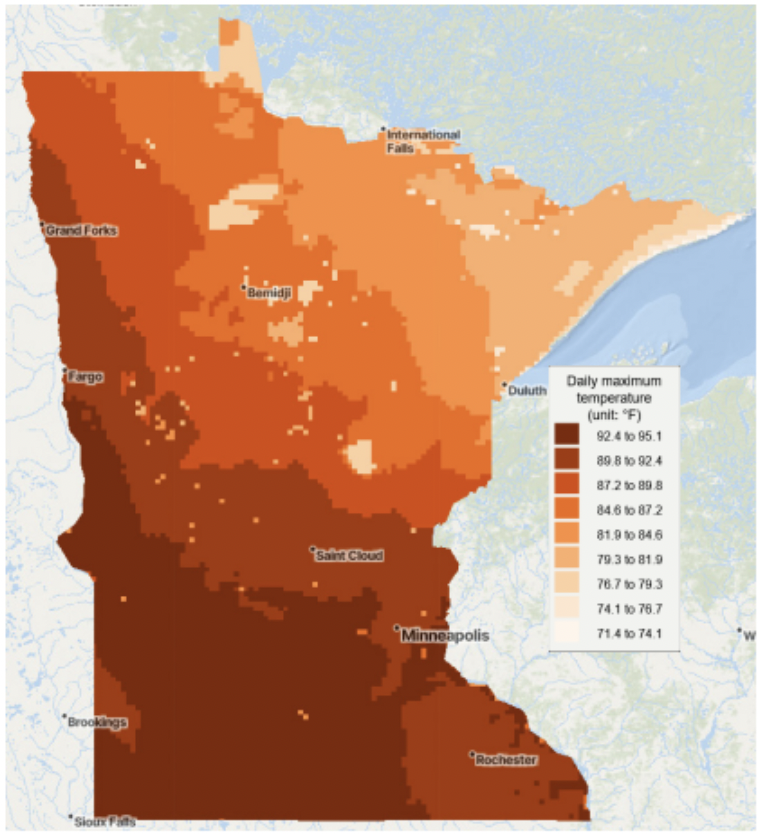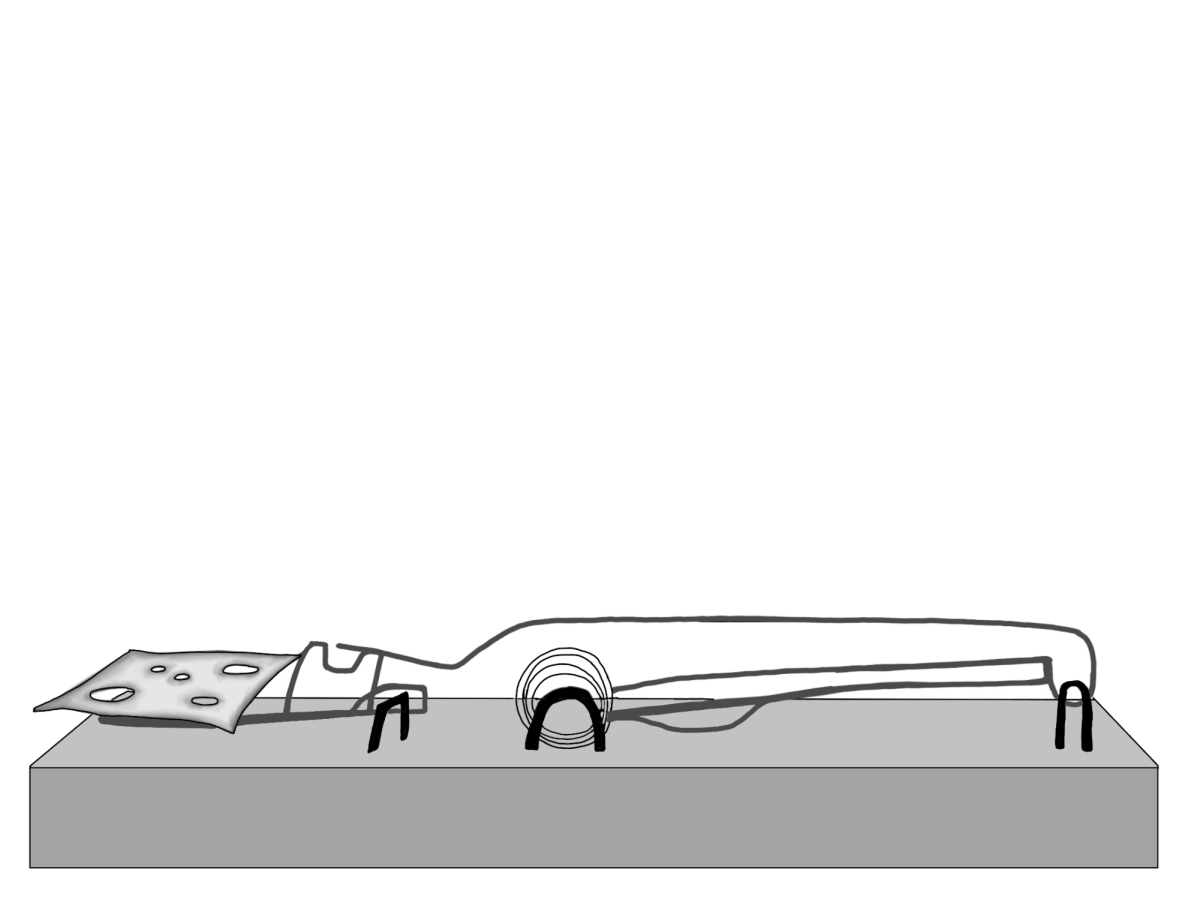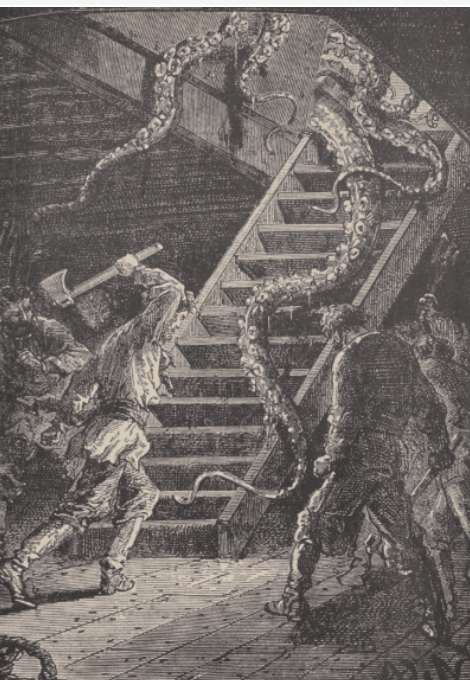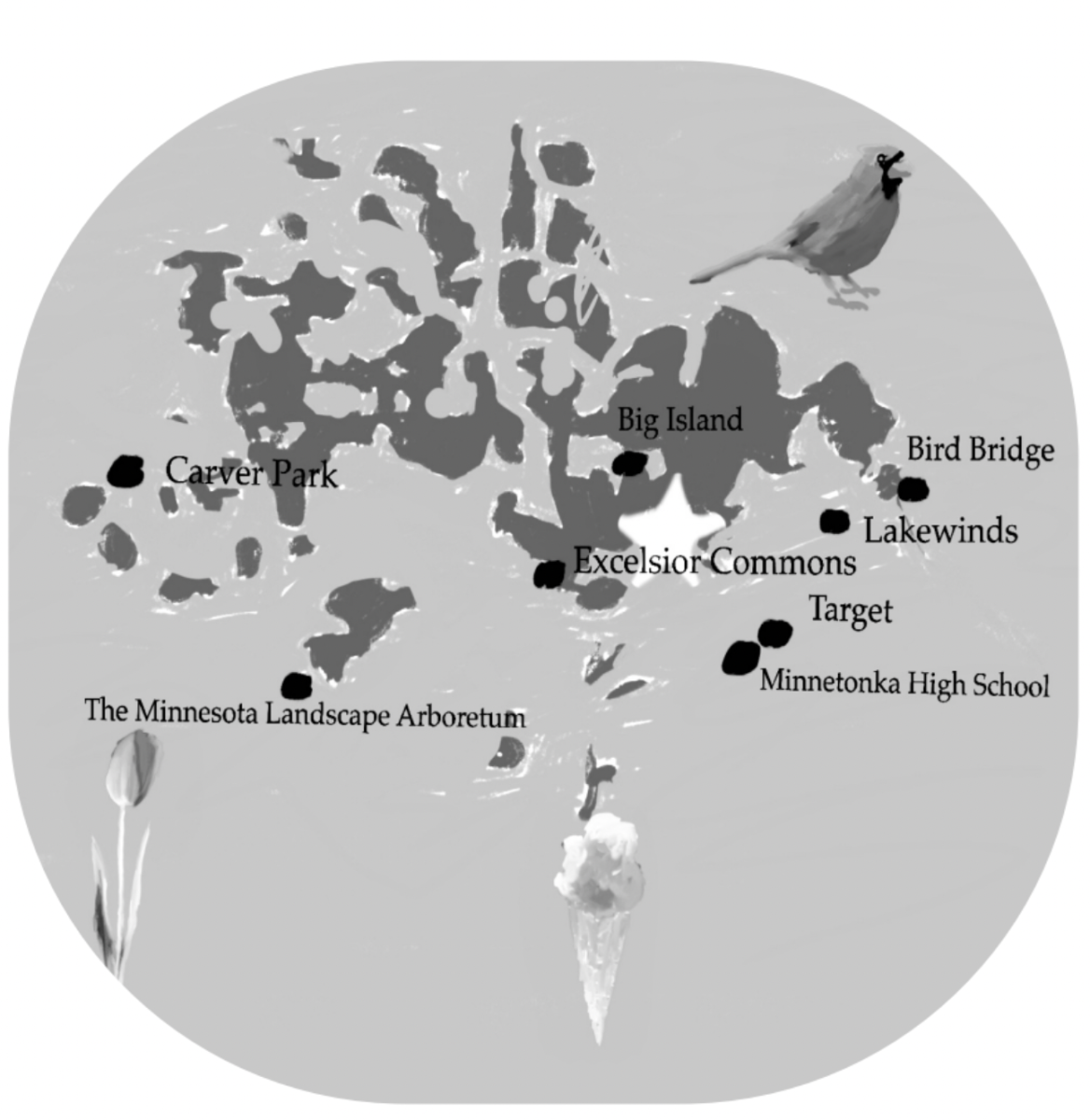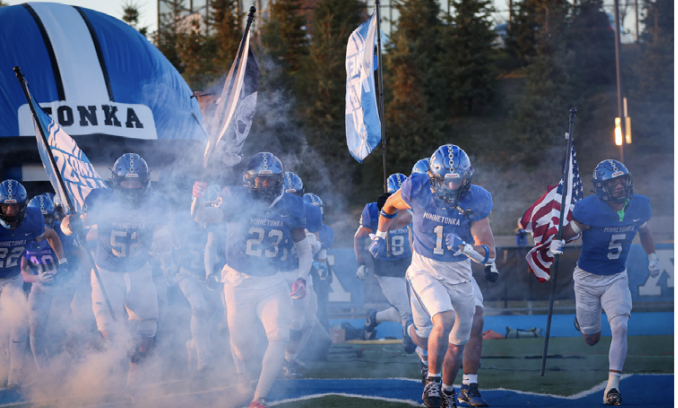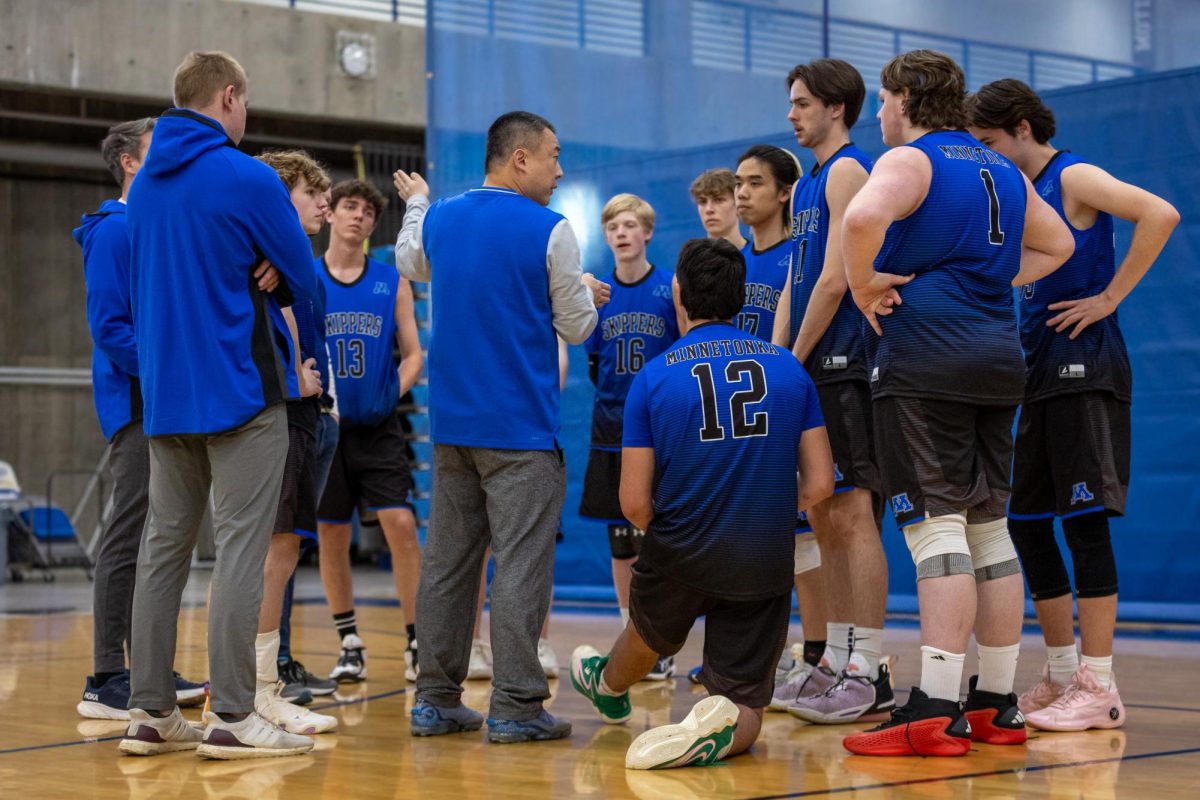wiN (N is for Nutrition)
October 28, 2022
Diets play an important part in athletes’ performance, as they provide nutrition and energy for athletes. Sports also affect what your diet is based around.
Nutrition and energy are a key part in an athlete’s diet. Without energy, it becomes harder to work and perform in a sport. Therefore nutrition affects the growth of the body, which can include the growth and strengthening of muscles. Protein is important because it provides long term energy for your body and helps strengthen and grow muscles. Addie Dorn, a Freshman on the girls varsity soccer team said “before a game I will usually have little stuff like peanut butter and apples.” Peanut butter is a good source of protein since it contains high amounts of protein. For apples, they provide nutrition.
Following for energy, it is a key part of an athlete’s diet because without energy an athlete can’t run as fast or throw as hard. In particular there are two types of energy: longer and short instant energy. Containing usually carbohydrates and sugar, instant energy is good to have about a few hours before a competition. In contrast longer lasting energy comes from protein, which is used for energy after an athlete has run out of instant energy. Nick Gilles, ‘23, who is on the varsity boys cross country team said “The most important part of my diet is definitely water… obviously number two is carbohydrates.” Carbohydrates help give an athlete the instant energy needed, they also aid your bodying in doing bodily functions. Diets consisting of carbs and protein help give athletes energy needed. However, if not used they can store up and become body fat.
Athletes have to consume protein and carbohydrates so that their body can make energy. Usually athletes eat food the night before to store energy or after a practice or game to replenish their bodies energy. Healthy food will usually have more carbohydrates and protein. Also the way people consume carbs matter as carbs turn into fat. That’s why sugar usually has a narrative around it being bad even though it is just carbs that weren’t used. Foods that contain high amounts of carbohydrates are usually grains like pasta, cereals, and bread. The University of Harvard Public Health recommends individuals to stay away from processed grains like pastries since they are more likely to cause the gain of fat. Dorn stated, “Before big stuff I usually have carbs the night before like we usually have pasta parties.” Usually carbs are recommended to be eaten and stored about 24 hours before a game. Particularly, carbs can also be in fruits, vegetables and beans according to University Harvard Public Health. For protein, it is used for longer energy yet eating too much protein can cause the build up of fats. Therefore individuals should avoid processed sources of protein like bacon. However, there are some healthy sources of protein which consist of nuts, fruits, vegetables, dairy and meat which is unprocessed like fish. In addition to that, protein bars are a good way to replenish protein and carbs especially after a practice or competition. Gilles said “post workout I’ll always have a protein bar or something that kinda helps my muscles recover.”
In summary, diets are an important part of an athlete’s sport and affect their performance at a competition. For an athlete a diet consists of carbs and protein which provide energy and nutrition that can help the body perform and grow. It is also important that an athlete needs to gain carbs and protein through healthy ways to help prevent build up of fat, and perform better in sports.


